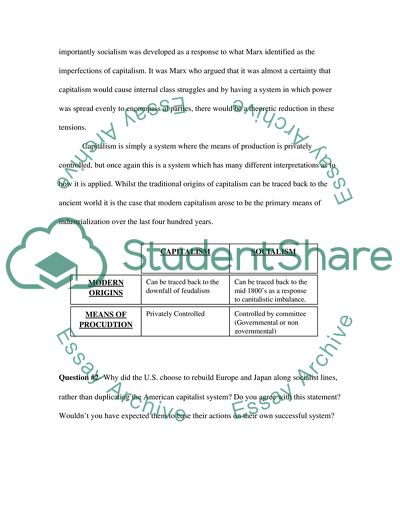Cite this document
(Michael Moore's Movie: Capitalism, A Love Story Research Paper, n.d.)
Michael Moore's Movie: Capitalism, A Love Story Research Paper. Retrieved from https://studentshare.org/politics/1731201-research-paper-on-the-michael-moores-movie-capitalism-a-love-story
Michael Moore's Movie: Capitalism, A Love Story Research Paper. Retrieved from https://studentshare.org/politics/1731201-research-paper-on-the-michael-moores-movie-capitalism-a-love-story
(Michael Moore'S Movie: Capitalism, A Love Story Research Paper)
Michael Moore'S Movie: Capitalism, A Love Story Research Paper. https://studentshare.org/politics/1731201-research-paper-on-the-michael-moores-movie-capitalism-a-love-story.
Michael Moore'S Movie: Capitalism, A Love Story Research Paper. https://studentshare.org/politics/1731201-research-paper-on-the-michael-moores-movie-capitalism-a-love-story.
“Michael Moore'S Movie: Capitalism, A Love Story Research Paper”, n.d. https://studentshare.org/politics/1731201-research-paper-on-the-michael-moores-movie-capitalism-a-love-story.


